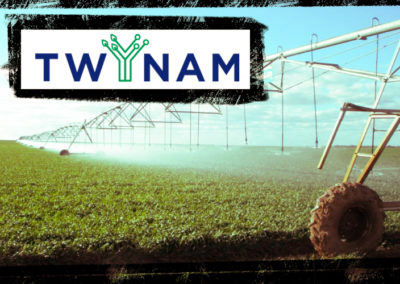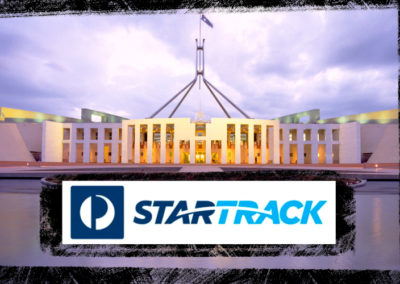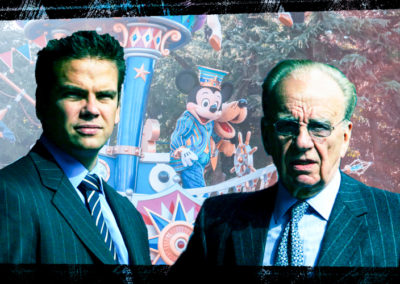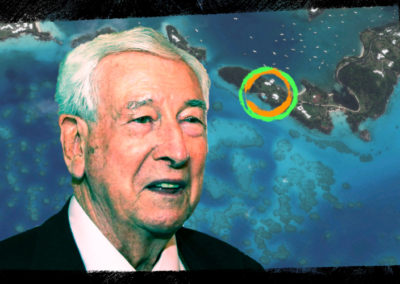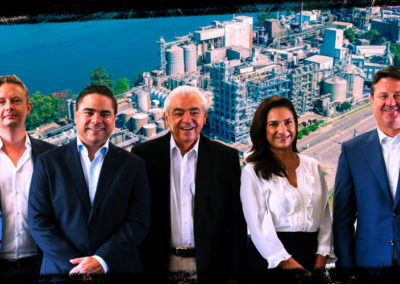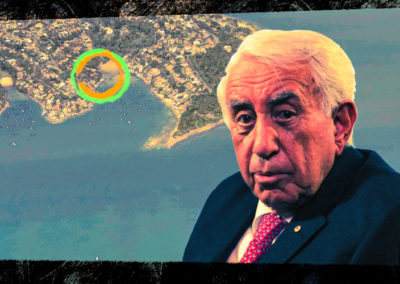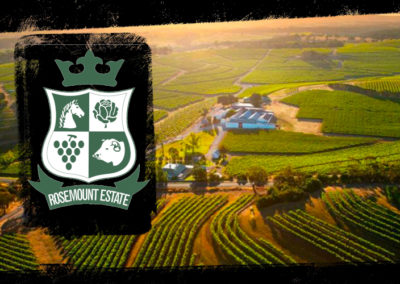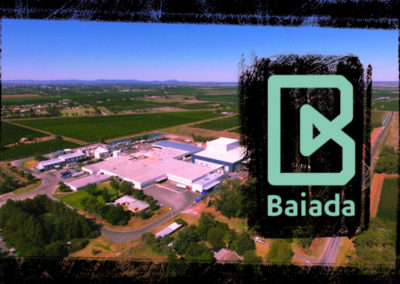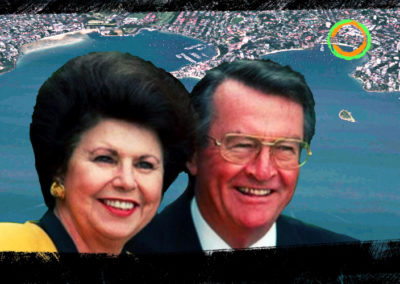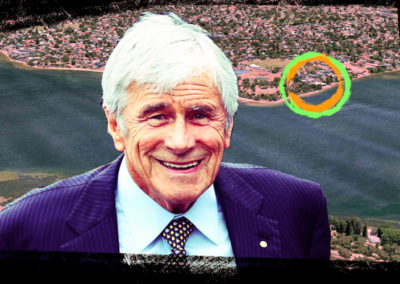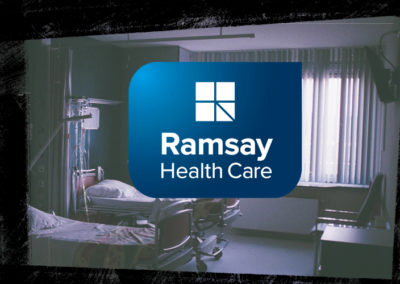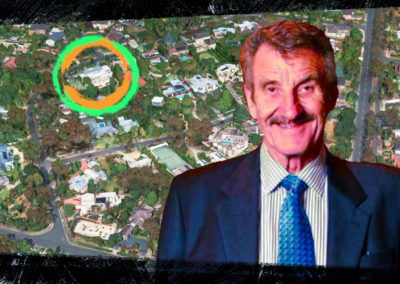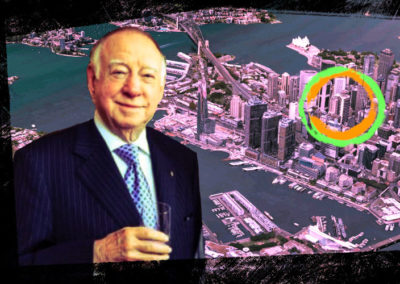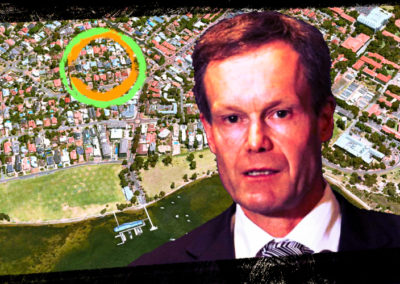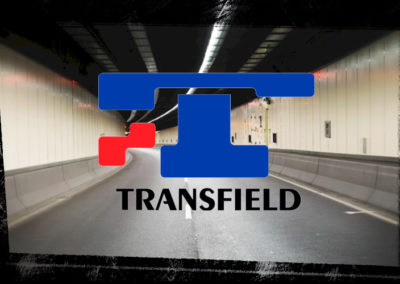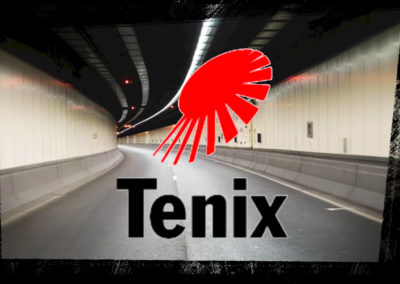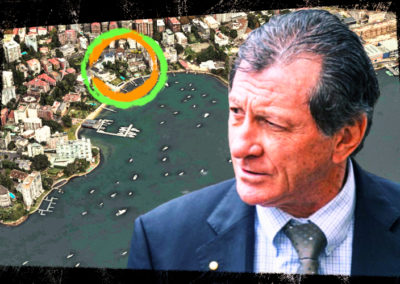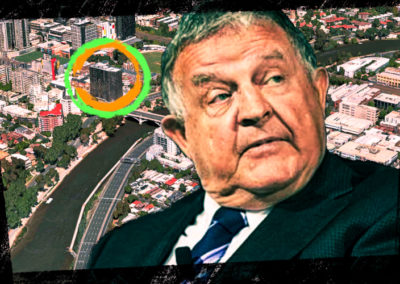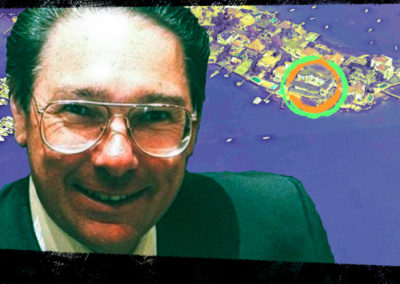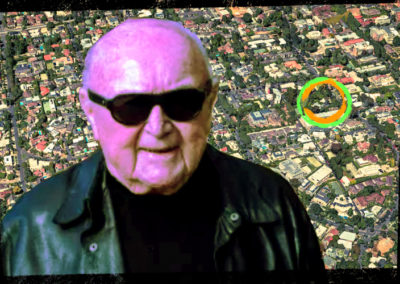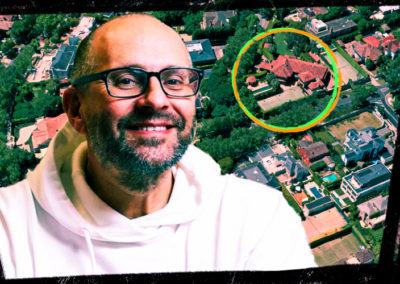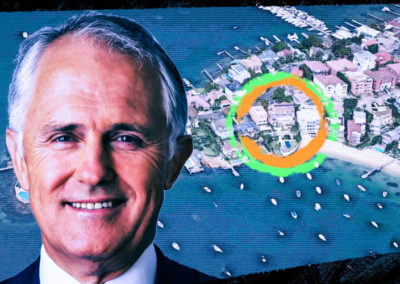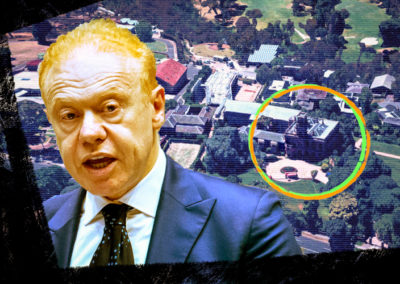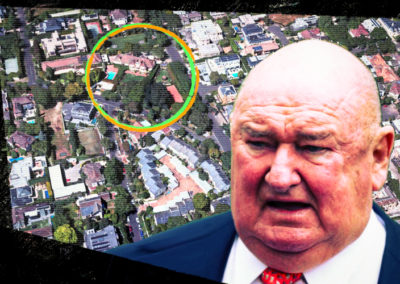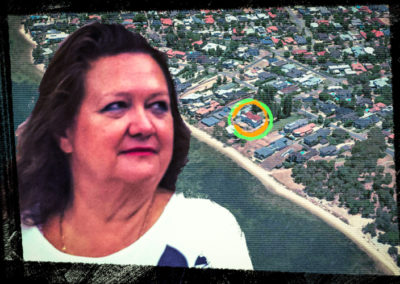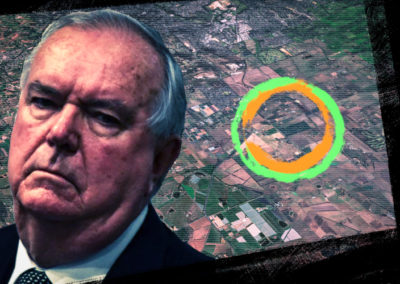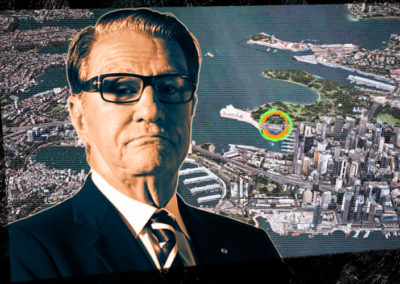Amassing a fortune of $19.75 billion, Anthony Pratt is Australia’s third-richest person. Dubbed Australia’s “cardboard king”, Pratt is by far the most significant political donor with grandfathered companies, having donated $9.1 million since the 1998-99 financial year.
| Top 200 Rich List (2020) | No. of Dark Companies: 10 | Political Donations since FY 1998-99 |
|---|---|---|
| Rank: 3 | Visy Paper Technology Pty. Ltd. | Labor Party: $3,124,870 |
| Wealth: $19.75b | Visy Board Properties Proprietary Limited | Coalition: $5,987,723 |
| Wealth (2019): $15.57b | Visy Industries Australia Pty Ltd | Independent: $30,000 |
| YoY wealth change:26.8% | Pratt Holdings Proprietary Limited | Total: $9,146,368 |
| Pratt Investments Proprietary Limited | ||
| Visy Industries USA Pty Ltd | ||
| Pratt Finance Proprietary Limited | ||
| Visy Board Proprietary Limited | ||
| Visy Industries Holdings Pty Ltd | ||
| Pratt & Co. Security Proprietary Limited |
Last year Pratt Holdings Pty Ltd donated $3 million to the major political parties – $1.59 million to Labor and $1.44 million to the Liberal Party. Pratt Holdings also donated $55,000 to The Menzies Research Centre, a think tank associated with the Liberal Party.
Pratt is no stranger to hedging his bets when it comes to political leadership. Having portrayed himself as a “centre-left philanthropist” over the years, Pratt quickly adapted to the Trump presidency, taking out full page ads commending Trump’s contribution to job creation.
Last year, Pratt was pictured cosying up alongside President Trump and Scott Morrison at the opening of his factory in Ohio. Following Trump’s corporate tax cuts, Pratt’s personal wealth increased by $2 billion.
Pratt is privy to the privileges enjoyed by elite donors both at home and abroad. Ten of Pratt’s company benefit from the grandfathered exemption and are therefore exempted from disclosing their financial statements to ASIC.
Earlier this month, Pratt’s Visy received a $10 million grant from the Bushfire recovery fund to purchase a “stacker reclaimer system”. At the same time, hundreds of Australians impacted by the fires last year continue to struggle with grant applications.
According to tax transparency data, one of Pratt’s companies, Pratt Consolidated Holdings, made $16 billion in revenue between the 2013-14 and 2018-19 financial years. Despite having a combined taxable income of $467 million, Pratt Consolidated Holdings paid zero tax for four of the six years. In 2016-17, they paid $18.8 million of tax on $133.3 million of taxable income and in 2018-19, they paid $9.4 million of tax on $80 million of taxable income. This equates to an effective tax rate of 14% in 2016-17 and 12% in 2018-19, both significantly below the headline corporate tax rate of 30%.
Pratt’s generosity as a political donor appears to be paying off. Not only are ten of his companies part of an elite group exempted from lodging financial statements, he also enjoys the luxury of being first in line for taxpayer grants and the comfort of political access.
Staff writers who have worked on one or more of our special investigative projects include Zacharias Zsumer (War Powers), Stephanie Tran, Tasha May and Luke Stacey.

